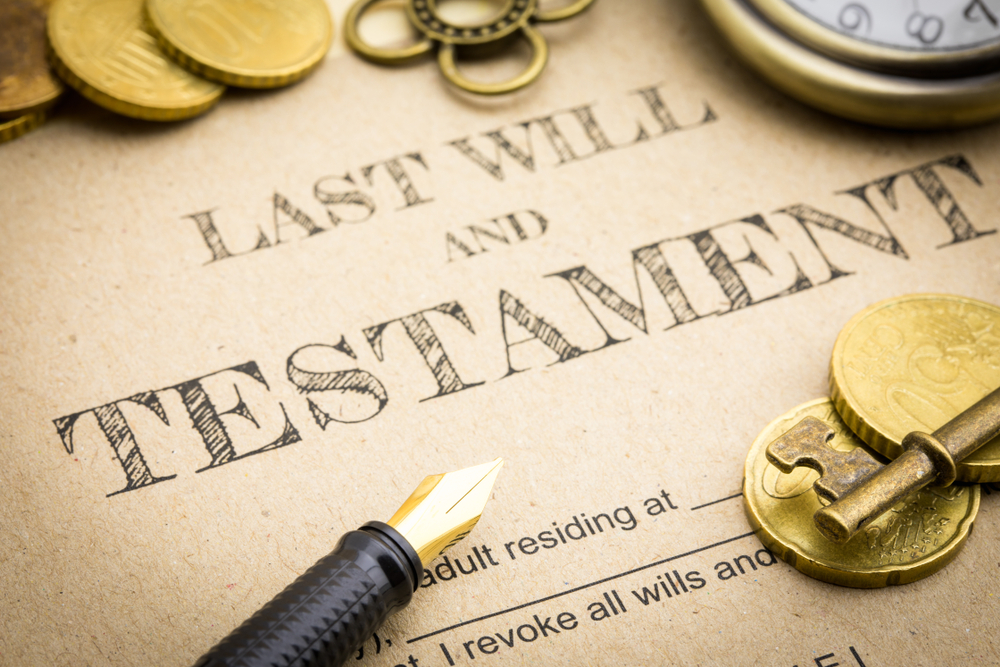When you are writing your will, you can choose an executor to be responsible for carrying out your last wishes. This person should be someone you trust, and who will be responsible enough to manage your estate. If you have been chosen as an executor, you should discuss it with the person who chose you to ensure you have all the information you need to carry out their wishes. As one of the most experienced estate planning lawyer in Montgomery County, PA, and surrounding counties, Robert Slutsky frequently advises seniors and their executors about important end-of-life planning decisions. Here are some of the most common questions he receives about being an executor:
Does an Executor Choose Who Inherits What?
The executor is responsible for dispersing property and money as outlined in the will. They do not get to decide how much a beneficiary gets. They must follow the provisions of the will. Some wills do allow the executor to make “in kind” distributions so that certain bequests can be satisfied by specific items of property rather than cash, but the will determines how much or what share the beneficiaries receive.
Can an Executor Also be Named as a Beneficiary in the Will?
It is very common for a surviving spouse or child to be named as an executor, so yes an executor can also be named as a beneficiary in the will. Making this decision also carries a number of benefits, especially for those with smaller estates. First, it can be more cost effective for an executor to be someone the deceased person lived with because they already have easy access to many of their assets and will likely have a close relationship with anyone named in the will. In addition, an executor who is also named in the will is probably familiar with the deceased person’s wishes and will have an easier time carrying them out. Any assets that are not named in the will can be more easily distributed to the correct beneficiaries if the executor is also a beneficiary.
How Long Does an Executor Have to Disperse Property and Pay Beneficiaries?
In Pennsylvania, there is no set deadline for the executor to distribute assets from a will. This varies from state to state, so be sure to speak to an estate planning attorney who is familiar with the laws of the state in which the deceased person lived. The probate process will be the determining factor for how long it will take to distribute assets. Again, Pennsylvania law contains no specific deadline to file a will for probate, but inheritance tax must be paid within nine months of the person’s passing. Once the will is filed, an inventory of assets will be made, and any taxes or debts must be paid before anything can be distributed. This can take anywhere from six months to one year.
Estate Planning Attorney in Montgomery County, PA & Nearby Areas
Being named as an executor is a tremendous responsibility, and you may not know how to take care of all the required tasks. If you need advice about being an executor in Pennsylvania, Robert Slutsky has decades of experience as an elder law attorney. Rob is able to advise you about your role as an executor. Call (610) 940-0650 today or visit our contact page to inquire about setting up a consultation with a reputable elder law attorney in Bucks County, PA, and surrounding counties.

